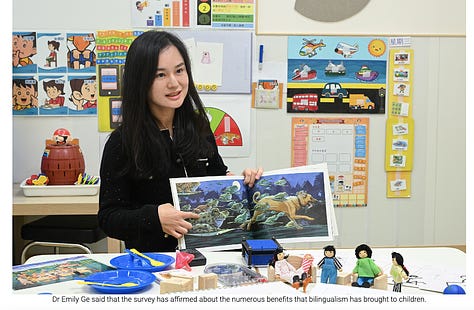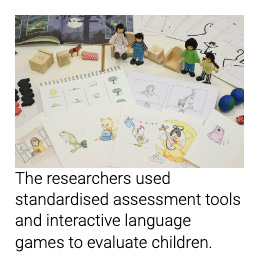Bilingualism Boosts Expression in Autistic Children
HKMU Research Finds that Leveraging Bilingualism May Enhance the Comprehension and Expression Ability of Autistic Children
Tags: Hong Kong Metropolitan University, Hong Kong, Healthcare & Lifesciences, Education & Human Resources
HKMU research led by Dr. Emily Ge reveals that bilingualism in autistic children does not hinder language development but may enhance their comprehension and expression abilities. By studying 40 Hong Kong children with Autism Spectrum Disorder (ASD), the team found that those exposed to both Cantonese and English performed as well as their monolingual peers, with some showing better focus on sentence objects. The findings suggest that bilingualism could improve executive function, empathy, and reading abilities. Applications include encouraging bilingualism in intervention and rehabilitation programs for autistic children to support their development. The study provides essential guidance for parents and professionals on incorporating bilingual elements into learning environments.
IP Type or Form Factor: Discovery & Research; Programme & Content
TRL: 4 - minimum viable product built in lab
Industry or Tech Area: Physical & Intellectual Disabilities; Education







